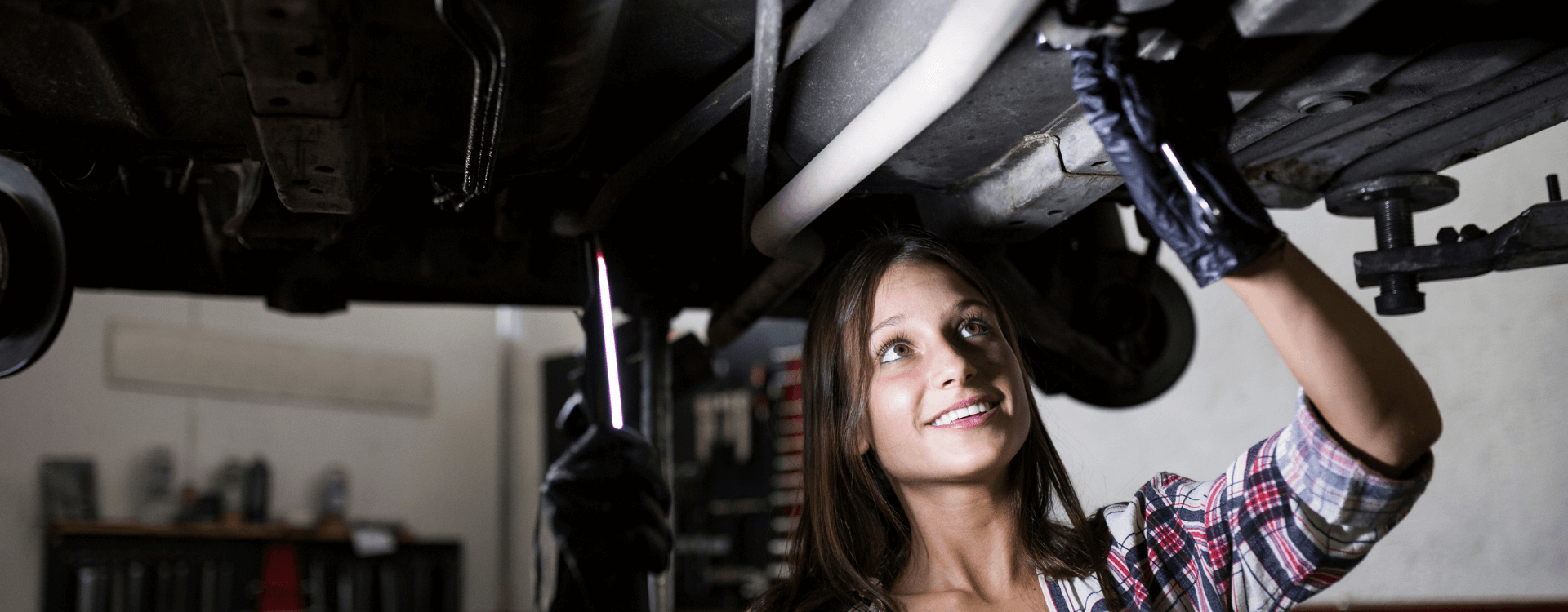
Which catalytic converter to choose ?
There are many reasons why you may need to change your car's catalytic converter: it may be due to the failure of your car's current catalytic converter, its theft or to bring it into compliance. However, when it comes to making a choice, you are often faced with a wide range of prices. Fortunately, there are tips on how to choose the right catalytic converter at the right price on the market.
Why choose a quality catalyst ?
First of all, let us briefly review the role of the catalytic converter. It is a component that is placed on the exhaust line and its purpose is to reduce the content of various pollutants in the exhaust gases. In concrete terms, when the engine of your petrol or diesel car is running, it emits pollutants such as carbon monoxide, nitrogen oxides or unburnt hydrocarbons. These pollutants are not released into the environment; they are intercepted by the catalyst. This device takes the form of a cylinder with precious metal grids that collect the pollutant particles. Through chemical transformations, each pollutant is then converted. They are then transformed into carbon dioxide, nitrogen and water. This makes it easier to understand the problem of hunting down CO2 emissions ! The fact remains that having a quality catalytic converter makes it possible to filter pollution more effectively while preventing the engine from clogging. But how do you choose it ?
How to choose the right catalyst ?
There are a multitude of catalyst references on the market. One might think that the price is directly correlated with the quality, but this is not systematic. Already, original catalysts can be found at car manufacturers but also in garages. These are compatible with your car but are often offered at a high price. At Krosfou, we produce our own quality catalysts at the right price. They are made of high quality ceramics, which ensures perfect efficiency and durability. Recycled catalysts are also gaining ground. The refurbishment of these elements is often complex and it is quite difficult to measure the effectiveness of the operation. As for aftermarket catalysts, the approach is virtuous since it allows the re-use of parts which logically wear relatively little. However, it is complicated to know how the vehicle that had this catalyst was driven. A car that is only driven in the city does not allow the exhaust line (and therefore the catalytic converter) to heat up sufficiently, which can prevent the chemistry from working. It is essential to ensure that the catalyst you buy is of sufficient quality. If it is not up to scratch, the interior composition will probably be disappointing. Poor quality ceramics do not allow for the chemistry of the elements. As a result, the pollution particles will stagnate until they gradually suffocate the engine. The result is a sharp drop in power, increased pollution, higher fuel consumption and, in the medium term, the need to replace the catalytic converter again.
How to ensure the quality of a catalyst ?
Actually, looking at a catalyst from the outside does not really allow one to judge its quality. Indeed, more than the body and the quality of the welds, it is the internal ceramic and the honeycomb structure of precious metals that allows the chemical transformations to take place. In order to make the right choice, it is essential to avoid entry-level catalysts. These are generally more fragile and can deteriorate more. Also pay attention to customer feedback and reviews. Many of the catalysts on the market have already been evaluated. Customer satisfaction ratings are valuable clues to take into account. Above all, it is best to buy your catalyst from an expert, who will take greater care to maintain a high level of quality. A good quality catalytic converter can sometimes last for more than 200,000 kilometres ! Of course, the use of precious metals, such as platinum, has a direct impact on the unit cost of the part. If lesser metals are used, the catalyst will never be as effective as it should be in the long term.
Need help with your DPF?
Consult our experts to diagnose the condition of your diesel particulate filter
Test my catalytic converter Check my DPFGasoline, diesel: each fuel has its catalyst
Each car model has its own specificities and therefore requires a particular catalyst reference. There are also differences between cars that run on petrol and those that run on diesel. For petrol cars, we talk about a 3-way catalyst because it allows three types of reaction to take place. In the case of diesel cars, the transformation of nitrogen oxide does not take place, so we speak of a two-way catalyst only. Each catalytic converter is calibrated to a specific type of car and engine, so you should make sure that you choose the one that is originally fitted to your vehicle. It is also for this reason that some cars prepared for racing adopt a "sport" catalyst that allows them to handle extra power without the risk of choking the engine.
What to remember
Replacing your car's catalytic converter is sometimes essential when the current one is inefficient, turns red or has been stolen. When making your choice, take the time to browse through what's available on the market, sorting through it. Unfortunately, quality catalysts at good prices are rare. With this in mind, Krosfou has developed a complete range of anti-pollution devices at the right price, for both private and professional use.
Image sources:
Karolina Osinska / Author: westend61 / License ID: 93PQUCGVTB - elements.envato.com
